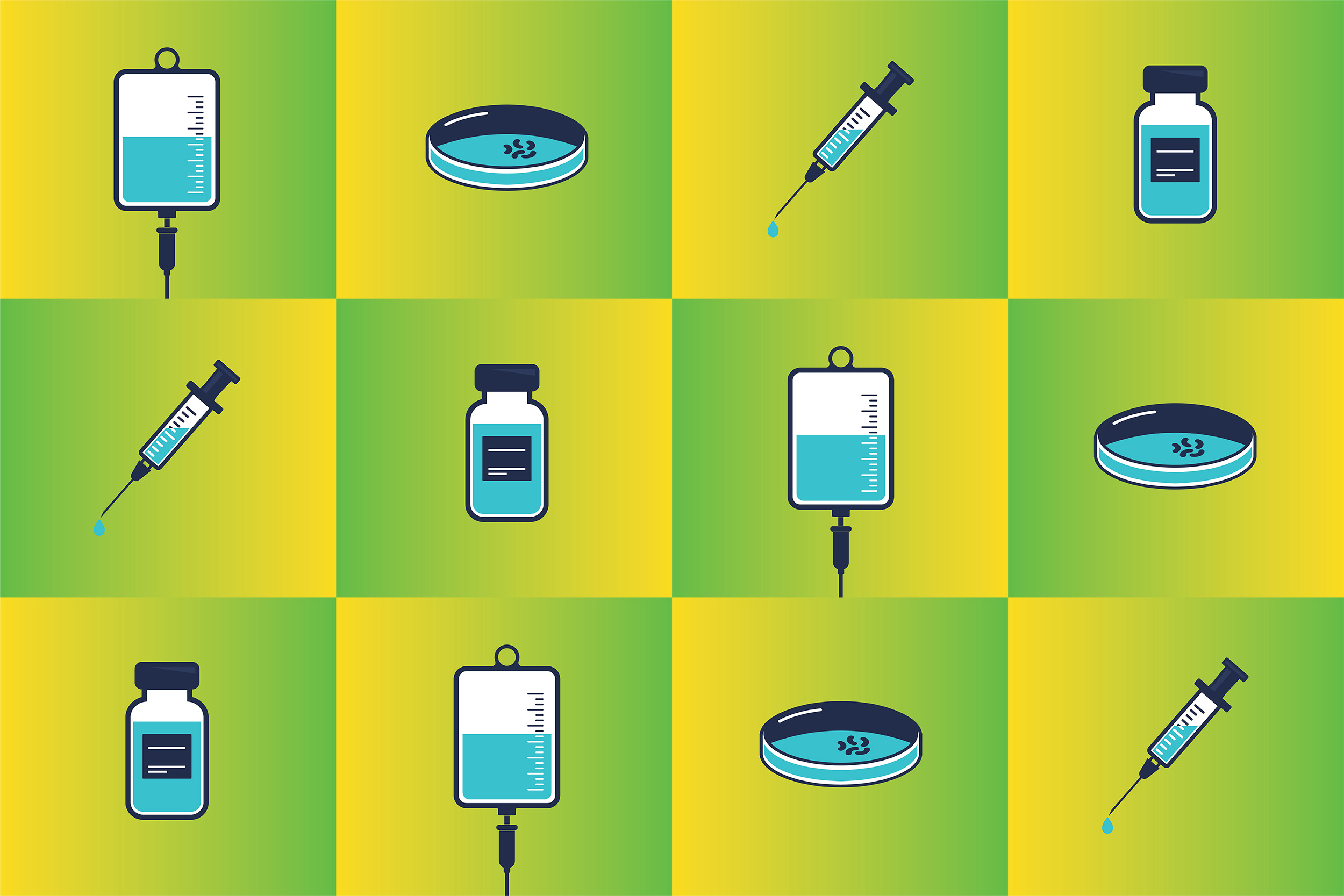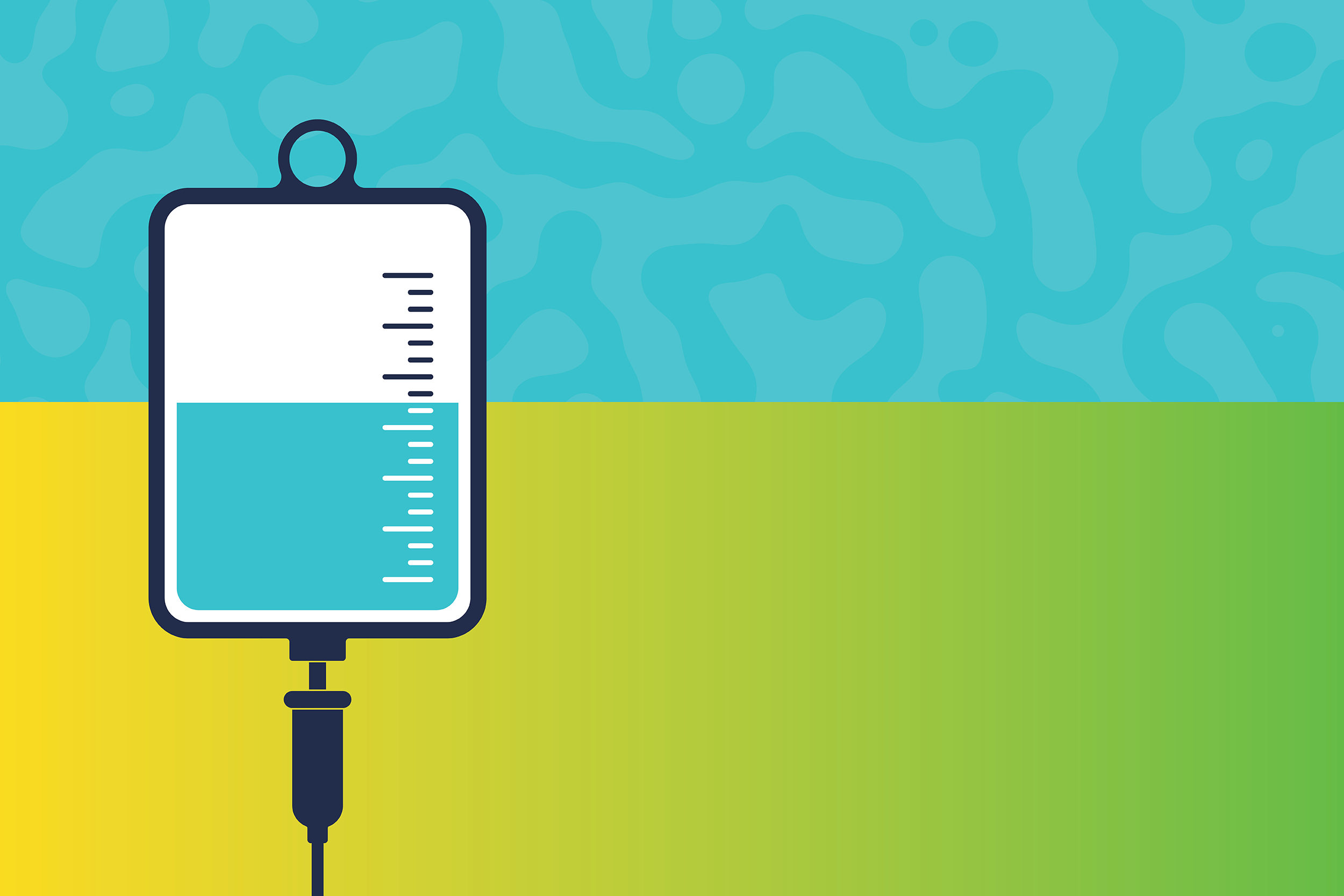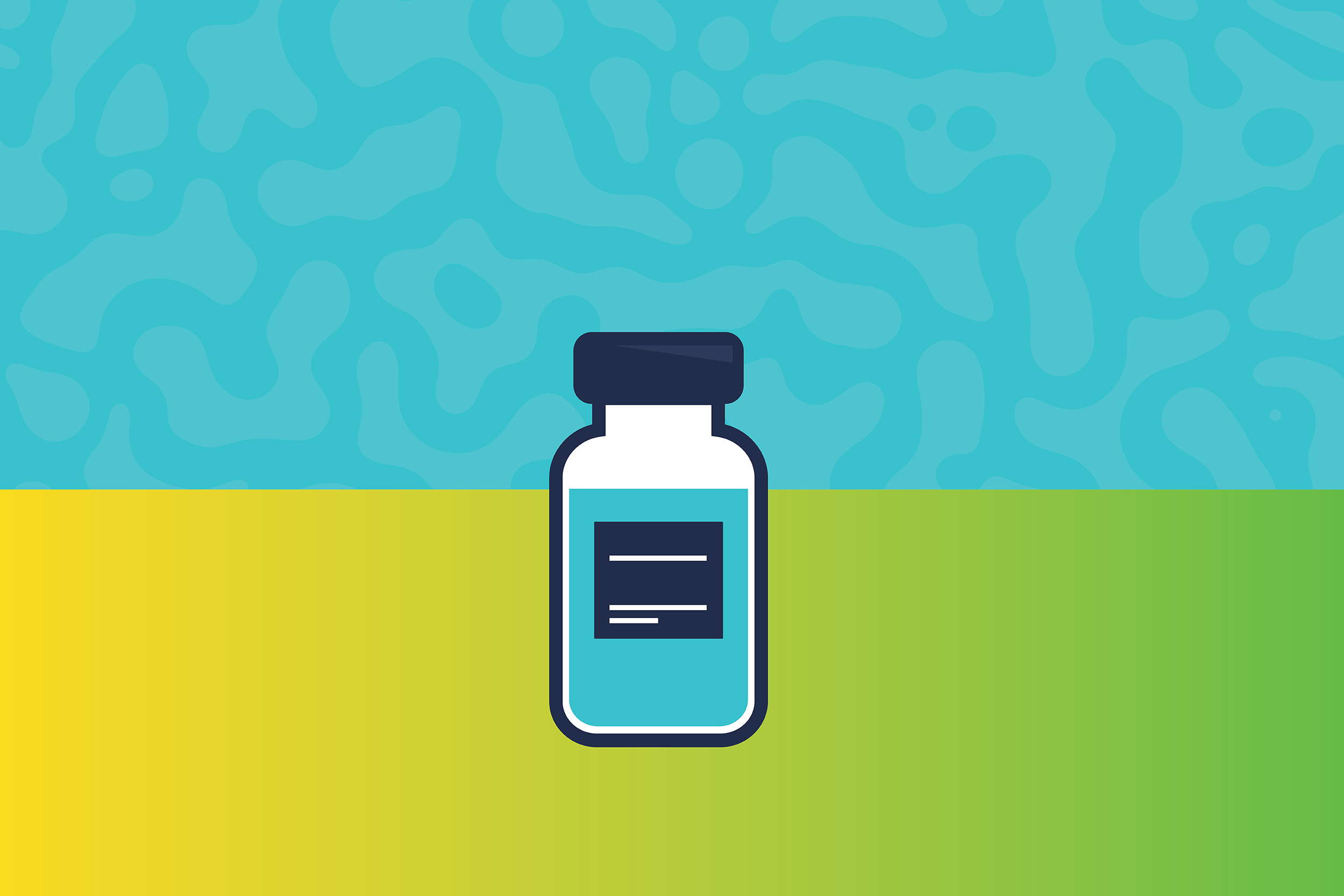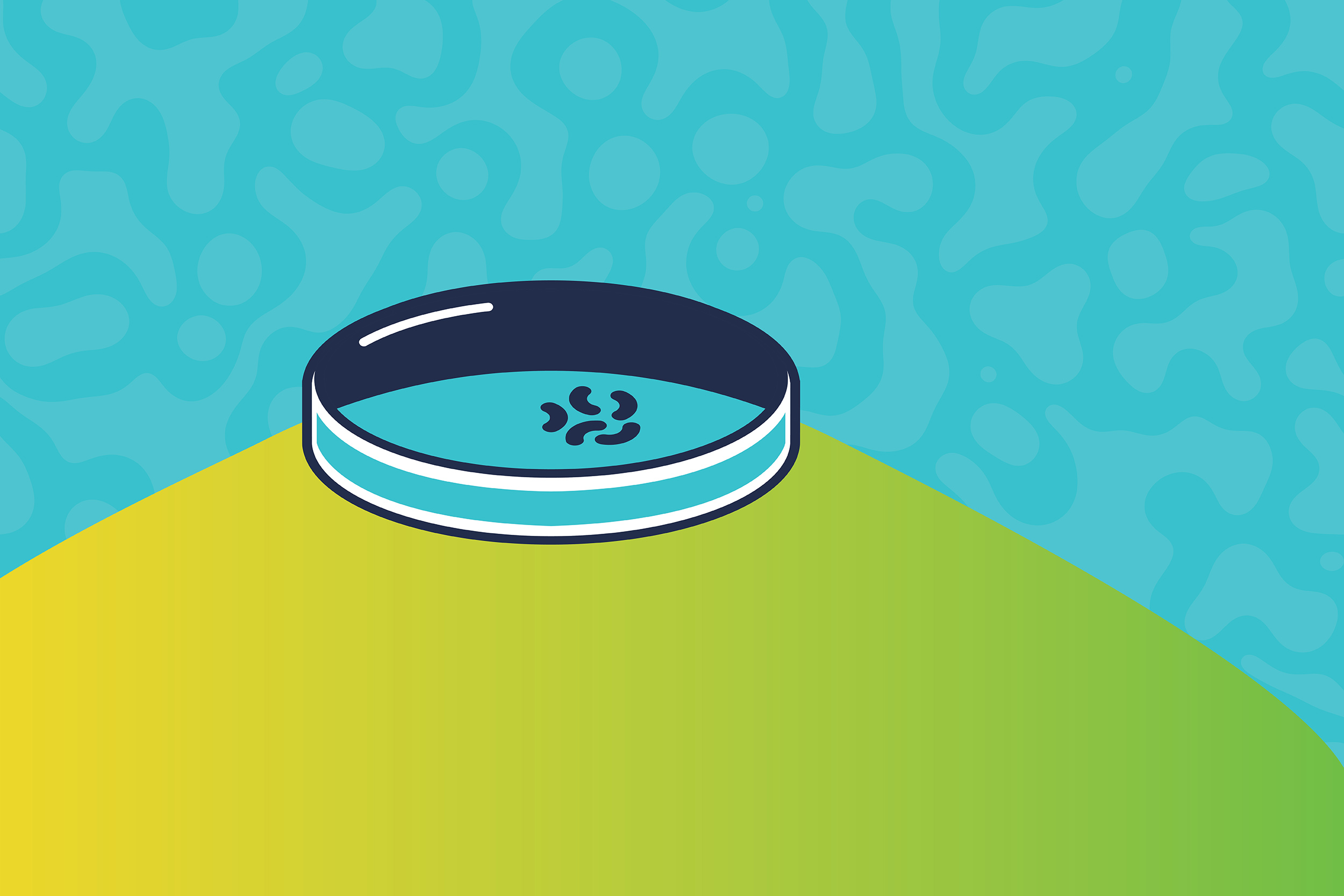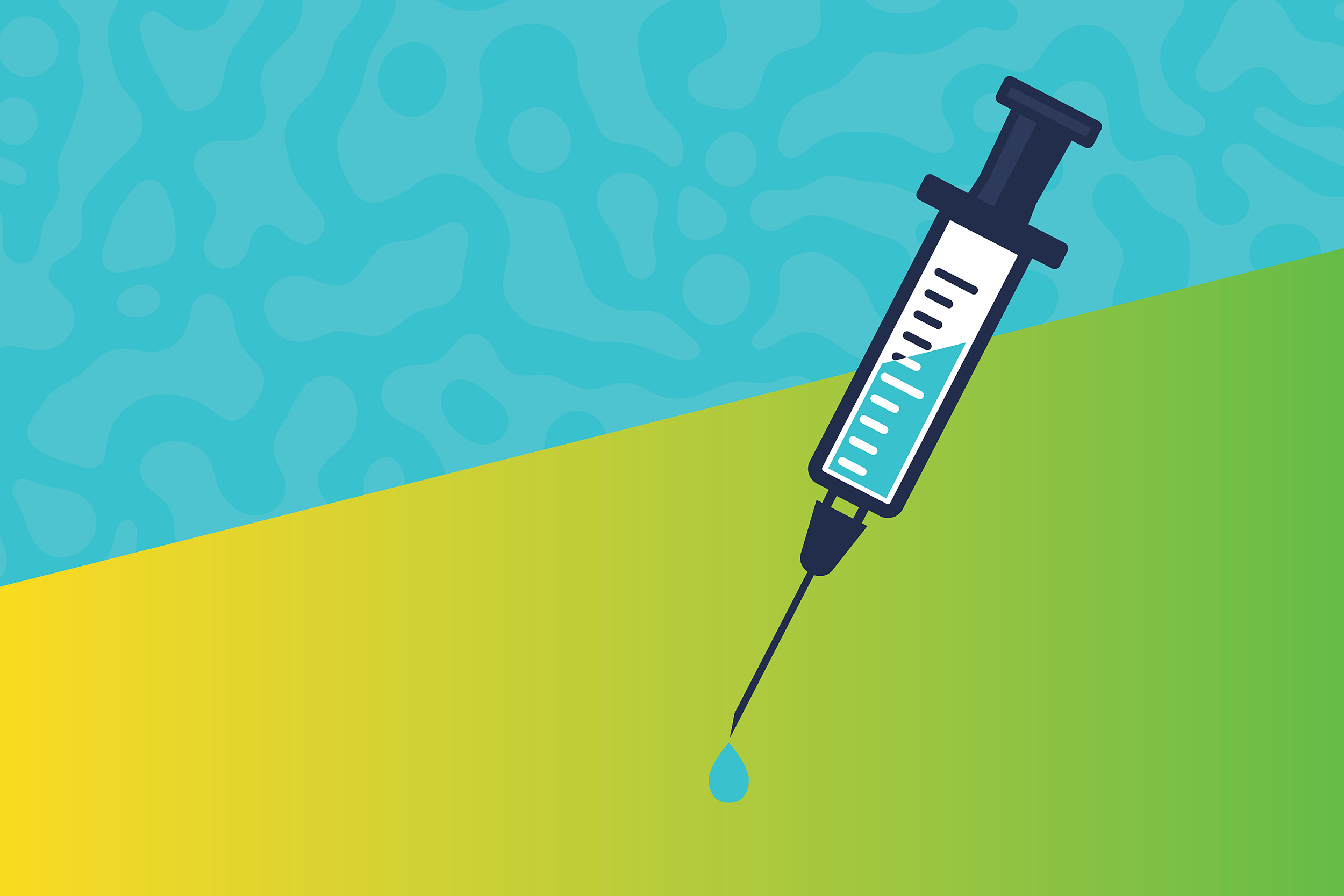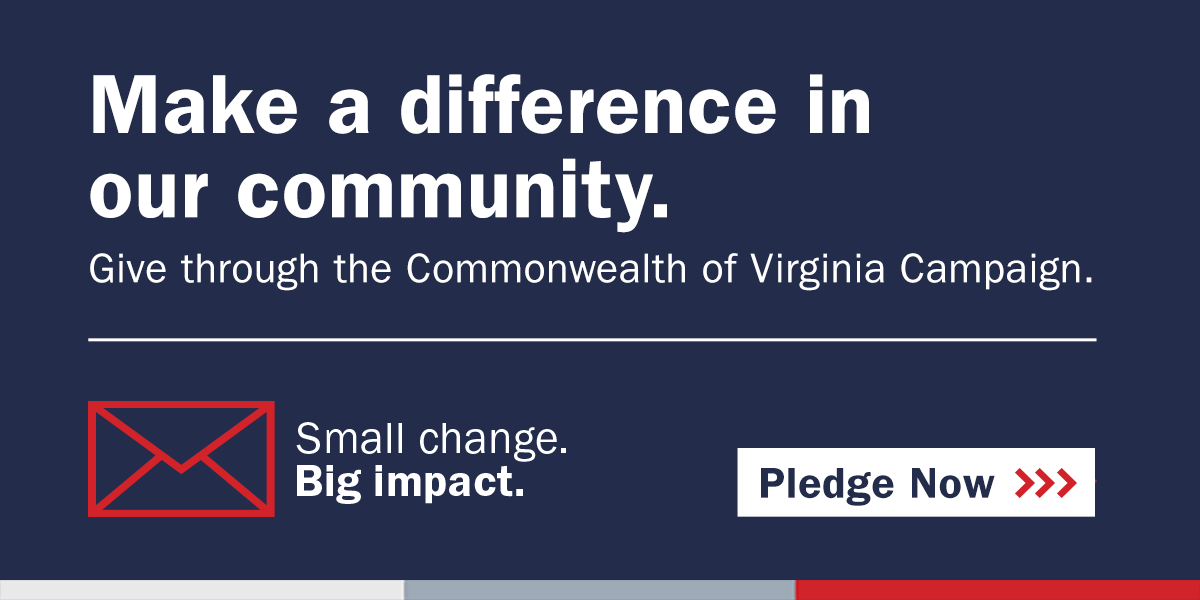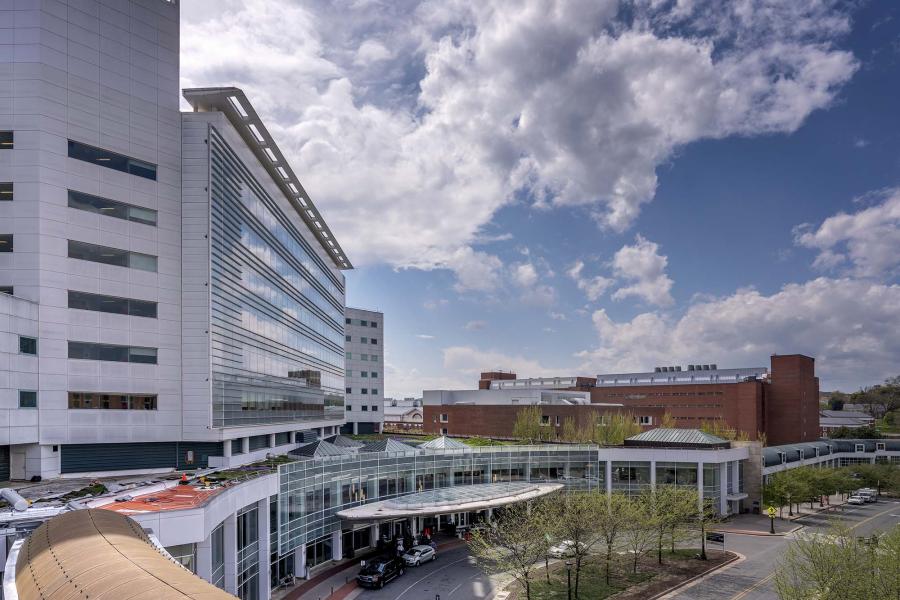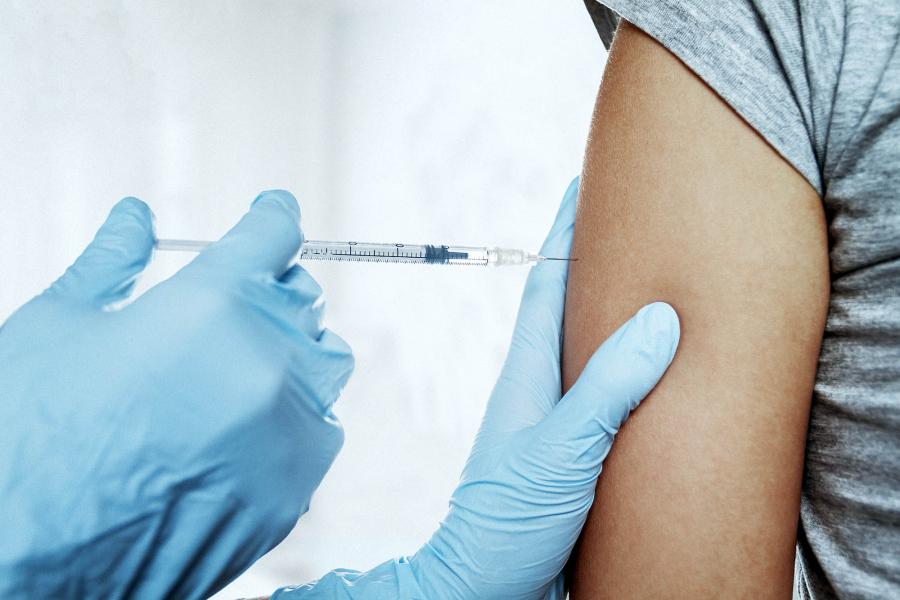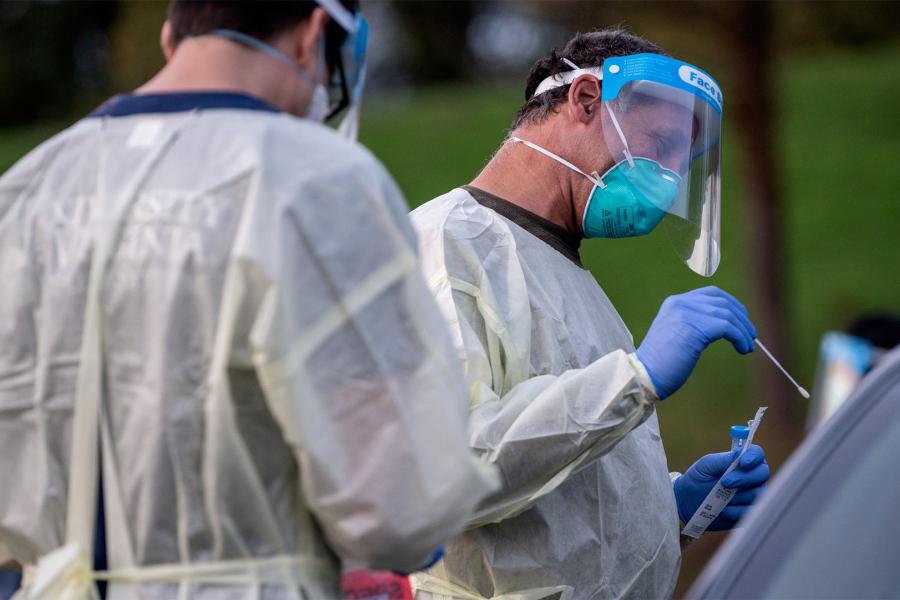Over the past nine months, clinical trials conducted at the University of Virginia have led to new treatments for patients fighting COVID-19 in Charlottesville and new tools for health care workers saving lives around the world.
“We have been able to learn very quickly, and try new things that have changed the way we approach treatment for this virus,” said Dr. Kyle Enfield, a professor and physician in pulmonary and critical care medicine who has helped to coordinate clinical trials at UVA Health.
“We are seeing clinical research happen at a speed that has never been seen before, both for drug therapies and vaccine development,” Dr. Linda Duska, associate dean for clinical research in the School of Medicine, said. “We’ve also seen funding and the regulatory apparatus really adapt to this pandemic, while maintaining rigorous standards.”
Duska and Enfield both expressed gratitude to the community for supporting the clinical trials, particularly to patient volunteers from communities of color and the clinical research coordinators who work to support them and their families.
Because the pandemic has disproportionately affected communities of color, it is critically important that those communities are well represented in clinical trials. However, “many do not trust medical research because of a long history of abuse of Black and Latino bodies in medicine,” Enfield said. When recruiting volunteers, UVA Health has focused on building trust and creating clinical trials representative of the patient populations they serve.
“I am so grateful to our volunteers and to the trial coordinators, researchers and clinicians working to gain and keep their trust,” he said.
